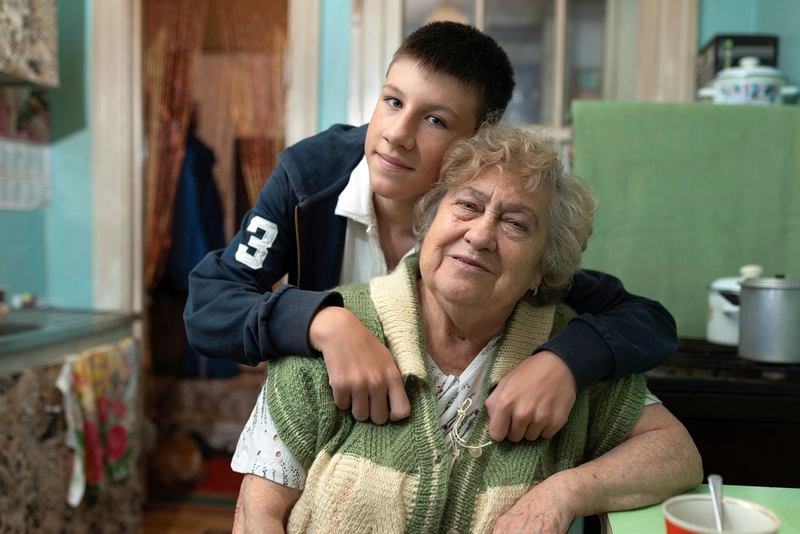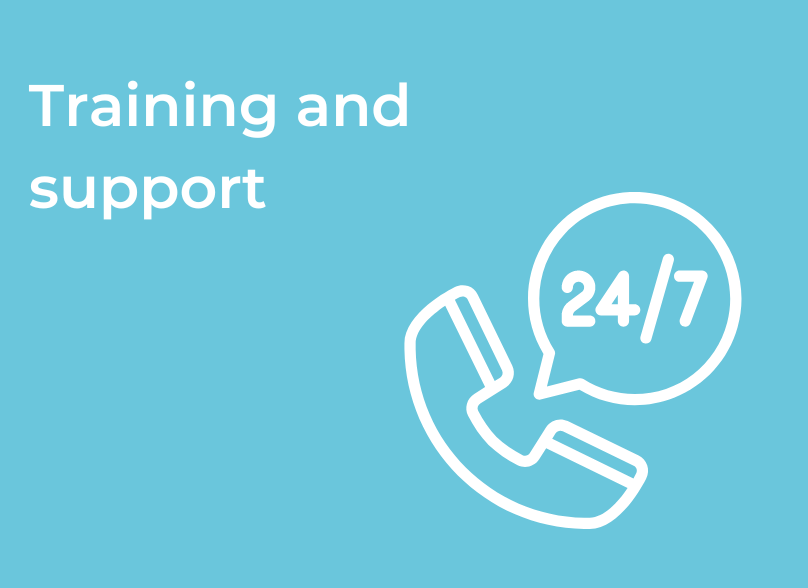Staying Put
Staying Put is a program that allows young people to continue living with their foster families after turning 18, offering stability and support as they transition into adulthood.


Staying Put allows young people to remain with their foster families after turning 18, providing stability as they transition into adulthood. It helps them build confidence, develop life skills, and maintain important relationships, offering essential support during this crucial period. This stability allows them to focus on education, work, or personal growth with a secure foundation.
Why Staying Put is in place
In the past, care leavers were often expected to become independent at 16, moving from foster care to supportive lodgings or bed-sits. Many struggled to build stable adult lives due to a lack of continuity in relationships and support. Informal help from foster carers depended on goodwill, and at 18, most care leavers still weren't ready for independence—something rarely expected of their peers. While continuing education is encouraged for young adults, it remains difficult for unprepared care leavers living on their own.
Key objectives
The key objectives of ‘Staying Put’ are to build services that:
-
Help young people to build on and nurture attachments within a family base.
-
Allow young people to move to independence at their own pace, supported to make the transition to adulthood in a more gradual way, similar to other young people who can rely on their own families for this support.
-
Provide young people with the stability and support necessary to achieve in education, employment and training (EET). ‘Staying Put’ may offer an opportunity to encourage young people who were not engaged, to re-engage in EET.
-
Listen to young people’s views about the timing of transition to independence from their final care placement.
Providing you with the right support
While Nexus Fostering acknowledges the differing approaches of local authorities to ‘Staying Put’, the agency has devised terms to bring consistency of service and expectations for its carers and young people. Our aims are:
-
To allow a young person already fostered within a Nexus Fostering household, to remain in their current home following their 18th birthday.
-
To offer support to young people who require assistance in the transition to adulthood through a supported familiar environment and within an established relationship.
-
To be sensitive/responsive to the enduring needs for a family base as a result of (but not limited to) positive family membership, continuing education (or requiring a return base for residential/university education), vulnerability to abuse or exploitation, delayed maturity and emotional immaturity. (Young people with an on-going cognitive disability may meet the criteria for adult services and their placement would be managed within an adult placement/Shared Lives arrangement, outside of Nexus Fostering services).
On this page
Read our real life stories

Andy and Julie - 15 Years Of Fostering
"We started fostering with Nexus Fostering after having three children of our own, with our youngest being two. Initially, the children were with us on an emergency basis, but they stayed with us long-term. We were taking care of a sibling group of three, and we are now offering a staying-put arrangement and helping the siblings with their semi-independent living."

Debbie - ‘If I had my time again, I wish I had started my fostering journey sooner.’
After fostering for 10 years, Deb and her partner have taken two of their foster children through to the age of 18, with their young man now in a Staying Put arrangement. They now offer respite care.

20 years of fostering for Sharon and Billy.
The story of Sharon and Billy's care for C, from when she was a baby just 17 weeks old to now, at 20 years old, is incredibly touching. Sharon and Billy’s commitment to fostering doesn’t end with C, either—they’ve cared for an entire sibling group of five children, helping each young person transition into semi-independent living.





